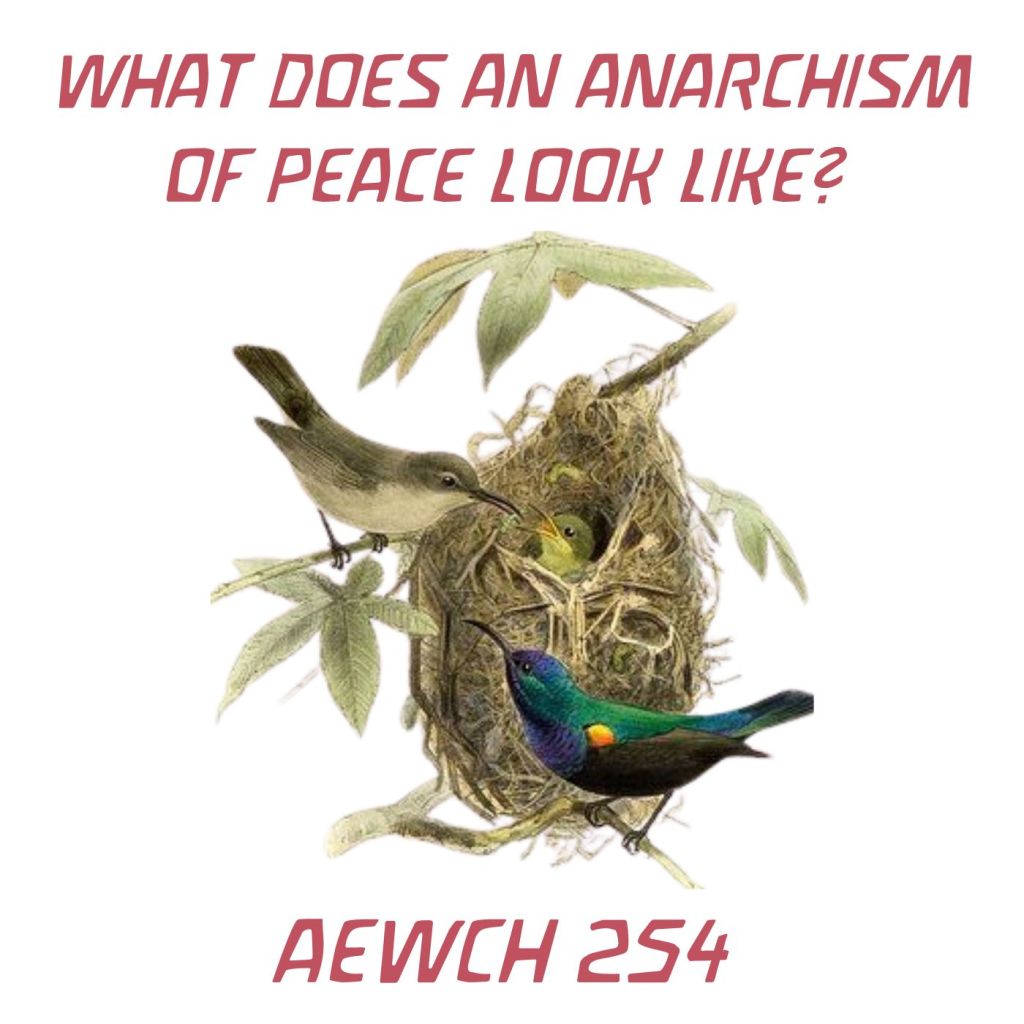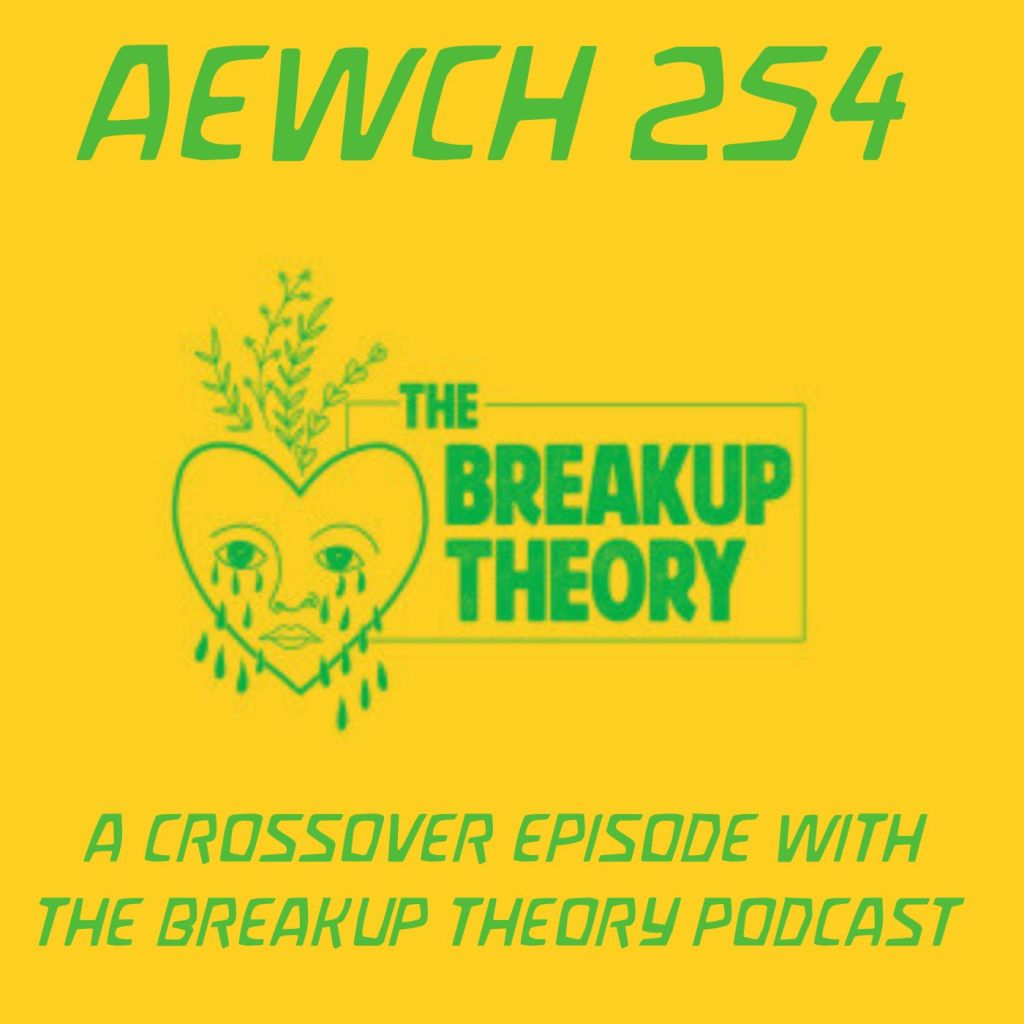LISTEN VIA SOUNDCLOUD ABOVE OR: Apple Podcasts • Spotify • Breaker
AEWCH is now on its way to 300 episodes!
AND: It receives no money from sponsors or advertisements, it is entirely listener supported. Does this podcast offer you inspiration? If so, do support the show on patreon. Give a one–time annual or monthly pledge to Patreon.com/connerhabib to connect to and give economic life to something you find value in. Thank you. Also, please do subscribe to the show, give it a 5 star rating and warm review on Apple Podcasts + buy my novel Hawk Mountain and give it 5 star rating and a positive review on Goodreads!

Friends,
After a small podcasting break, AEWCH is back with a (sort of?) new ep, a crossover episode with a new and excellent podcast, THE BREAKUP THEORY, hosted by SHULI BRANSON.
When Shuli and I spoke a few weeks ago about Palestine on their podcast, I was so in excited about where we went. I also wanted to link people up with The Breakup Theory. So I’m crossposting that episode here. I’ve never done this before (and probably never will again) – but this was a special occasion, an episode about politics and spirituality that encounters the challenges of our moment.
Shuli is an organizer and the author of Practical Anarchism: A Guide for Daily Life, which is clear, easy to read, and fun. They’re also the co-editor of Surviving the Future: Abolitionist Queer Strategies.
Shuli and I last spoke on AEWCH 228, about how to see the world through the lens of anarchism. Obviously, a lot has happened in the world since then, and so the conditions and directions of the conversation are new here.
The episode starts by touching on a deep cut of my show, AEWCH 9 – which I later reposted as AEWCH 132: HOW TO BREAK UP WITH THE STATE. It’s an episode that iinspired some of Shuli’s thinking (and maybe the name of their podcast?). The primary question being: Why do we stay in relationships with states that obviously don’t have our interests in mind. Then it goes… well, lots of places.
Some questions that come up:
- Should we be practicing good politics or anti-politics?
- How are we baited by elections?
- Is nonviolence effective?
- What does a spiritual politics that doesn’t turn into theocracy look like?
- Are a non-abstract politics possible?
- How does the state trick us into discussing and envisioning things on its terms?
- Why do we wait for tragedy to take action?
- What are everyday practices of resilience?
- How do limits in love relationships teach us about politics?
- What do we do with the fact that people have different desires?
This was such an expansive conversation. I love talking with Shuli, and I hope you love listening!
MORE ON SHULI
Please support Shuli’s/The Breakup Theory’s patreon here. And subscribe to the show here.
An episode of AEWCH that you can pair with this one:
AEWCH 248: HOW CAN I FIND PEACE IN A TIME OF WAR?
Some books that go well with this episode:
No Spiritual Surrender: Indigenous Anarchy in Defense of the Sacred by Klee Benally
The Subversive Seventies by Michael Hardt
The Mass Psychology of Fascism by Wilhelm Reich



















